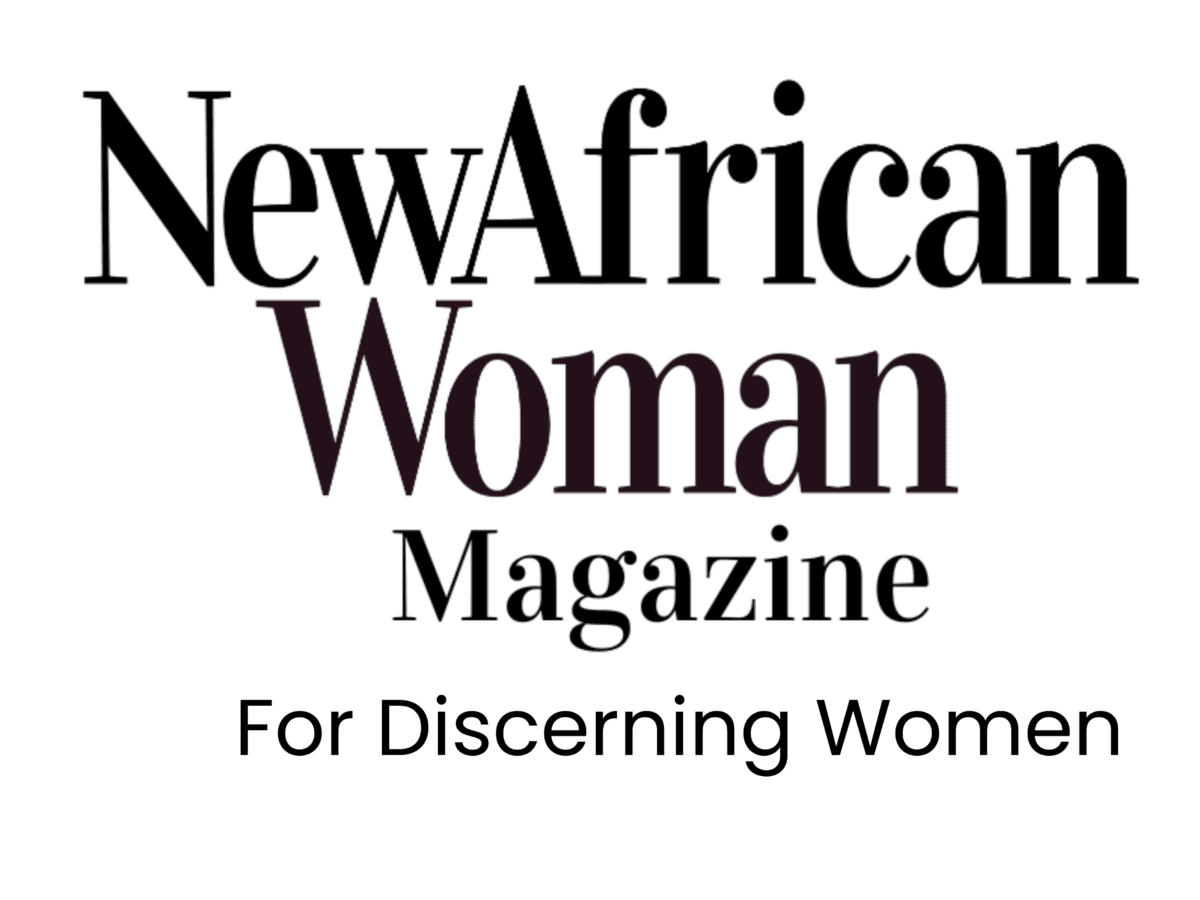Biola Alabi: ‘We need leaders that can influence societies in and out of the C-Suite’

I am an African woman who strongly believes in the immense opportunity on the continent and it is important that we elevate this conversation around the African narrative, Biola Alabi tells Lerato Chiyangwa.
Biola Alabi is an ‘alumni’ of the Financial Times’ Champions of Women in Business: 100 Female Executives. The annual list celebrates female role models who have played a part in increasing gender diversity in the workplace and supporting women in senior business roles.
Although Biola Alabi was the only Nigerian to make the 2018 Financial Times list, which featured female executives from global conglomerates including IBM, Amazon, Mastercard, Deloitte and EY, she is no stranger to ardent NAW readers. As far back as 2013, when she was managing director of M-net Africa, she was adamant about the importance of elevating women into powerful corporate positions and of supporting one another on the way up.
She told us: “I would like to see more women break through to leadership roles in the boardrooms, at our public broadcasters, major newsrooms, behind the camera and in digital media. It’s when we are in leadership roles that we can make even greater contributions…
“I’m constantly looking for ways to learn from people. I always ask questions when I don’t understand and I grew up in a place where humility has always been one of the cornerstones. Never be too proud to ask a question and ask for help. And that’s one of the things that’s really important as a woman – when you need help, ask for help, especially from other women… it has always been important for me to have a strong network of women that I can tap into.”
Fast-forward today, her passion for empowering other women in the business sphere remains as resolute. “I am an African woman who strongly believes in the immense opportunity on the continent and it is important that we elevate this conversation around the African narrative,” Alabi tells us.
“More opportunities are needed for women across the board when it comes to filling senior roles. This starts with empowering women, especially the younger generation, giving them the sense that they are valuable and can contribute significantly, not only to business but the African economy as a whole. Once they have these jobs it’s important to make sure they understand how to impact their societies outside of the boardroom. We need women leaders that can truly influence our societies in and out of the C-Suite.”
Alabi was educated and started her career in the United States, where she held senior media and marketing roles, including on the favourite children’s television series Sesame Street and at the US arm of Korean carmaker Daewoo.
In 2008, she moved back to Africa to take up the role of managing director for M-net, and held that position for five years. During that time, she was named one of the 20 Youngest Power Women in Africa by Forbes Magazine (2012), a World Economic Forum Young Global Leader (2012) and CNBC Africa’s AABLA West African Business Woman of the Year (2013).
A passionate advocate for the inclusion of talented women in leadership positions, particularly in corporate Africa, Alabi’s decision in 2013 to leave M-Net was part fuelled by her desire to build her own company and move into the world of entrepreneurship. She started on this new journey by first participating in the Yale World Fellows Flagship Program at Yale University.
Alabi’s knowledge of the pan-African and international media sectors, combined with her understanding of how to – and how not to – do business on the continent led her into film production and the launch of her Lagos-based Biola Alabi Media. She and her team are now recognised as an integral part of the new wave of homegrown Nollywood producers making movies that are gaining international attention and sparking the imaginations of audiences around the world.
“When I left my job and went to Yale for a fellowship, I started consulting and getting approached to do different productions in Nigeria. I felt strongly about the different projects and how they were telling the African story, and so a brand was born,” she recollects.
Alabi’s projects to date include the highly acclaimed movie and box office blockbuster Banana Island Ghost (B.I.G) [2017] and this year’s Lara and the Beat. She is also the executive producer of one of Nigeria’s leading food travel docu-series Bukas and Joints which airs in many parts of Africa and the US.
As well as being busy building a media production company and financing films in Nollywood, in addition to sitting as a non-executive board member of Unilever Nigeria, Alabi hosts The Morning Show on Arise TV on which she can be seen interviewing Nigeria’s business leaders and entrepreneurs.
“It started serendipitously,” she explains. “The founder of the channel started by inviting me on the show as an industry expert and eventually he said, ‘you are good at this you should be asking the questions’. In the beginning, I was extremely intimidated. I had spent all my career in the boardroom and behind the camera; going in front of the camera was totally out of my comfort zone.”
Whilst Alabi is seen as a stalwart of Africa’s entertainment industry, she dedicates a considerable portion of her time to supporting and encouraging young people in business, especially women. One of her favourite quotes is from former US secretary of state, Madeleine Albright: “There is a special place in hell for women who don’t help other women”, a sentiment she seems to have taken to heart, working it into her flagship mentorship programme, Grooming for Greatness.
“Having mentors you can talk to and lean on for advice when challenges arise, or when you’re weighing up important decisions, has been a source of comfort and assurance for me,” she says. “These mentors have come in various guises throughout my career. At times they have been bosses, who were helpful and gave me the space I needed to develop. Mostly they provided the assurance that it is not vital – or doable for that matter – to have all the answers to every question all at once. Learning and growing are continuous processes and it’s OK not to know everything or be able to do everything immediately.”
She adds: “Grooming for Greatness is a leadership and mentorship organisation committed to developing Africa’s next leaders by giving them the tools to develop and succeed. It is aimed at people between the ages of 25 and 35 and helps them build relationships, gain confidence and expand their networks, while focusing on achieving their own specific goals and ambitions. We usually have about 15 people in each cohort and we run the programme for a full year. During that time we introduce the fellows to mentors, peers and networks that can transform their leadership skills.” The cohort has a minimum 70 per cent female intake – again reflecting the business mogul’s laser-focussed attention on helping support women in all aspects of the business world.
And what advice does she have for young African women? “Nothing is unattainable,” she states, adding with assuredness: “Once you are committed to working hard and showing that you deserve a place at the table through your hard work and excellence, the sky’s the limit – no matter your chosen field. Additionally, never stop learning or being allowed to be taught. Lessons come in all forms and may come from unexpected places, situations and people. These all play a crucial role in our lives, as we strive towards finding our place in the world as we work towards our destiny.”
Looking to her own future, Alabi wants to continue her role at the intersection of entertainment and business. “So much has been achieved since Biola Alabi Media was formed in 2015. But there is still so much to do in terms of business – not only in Nigeria but Africa, including in the arts and entertainment world,” she says.
“I want to continue to grow BAM, while also continuing to create more opportunities for authentic African stories to be told to local and global audiences.”









